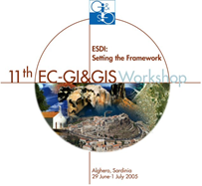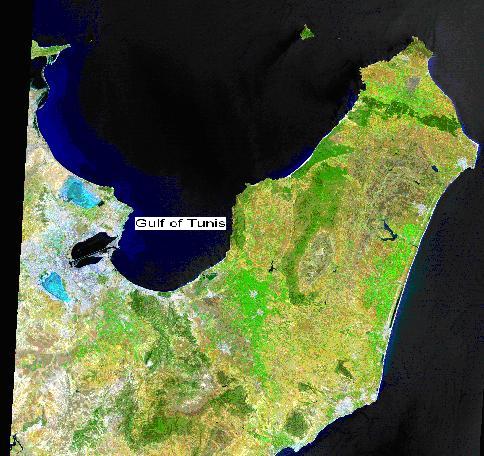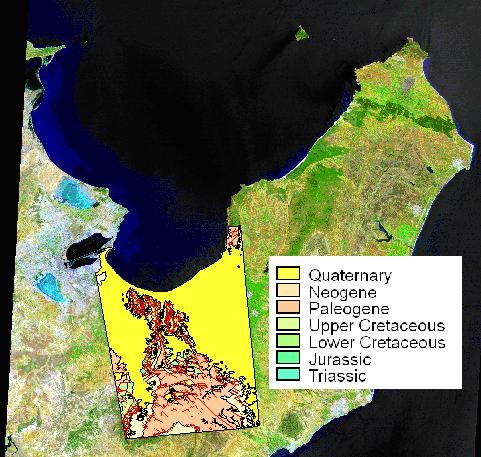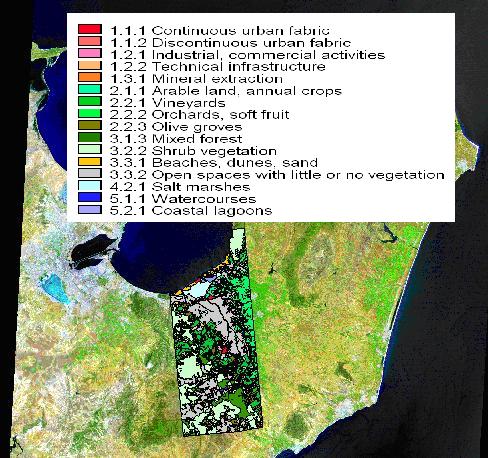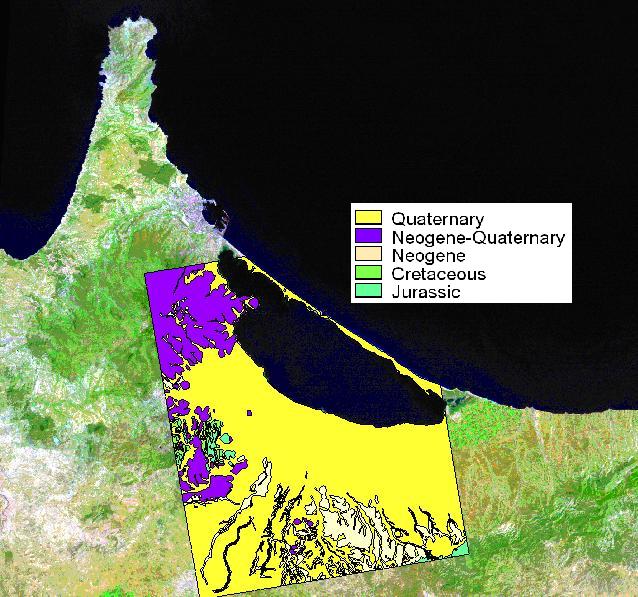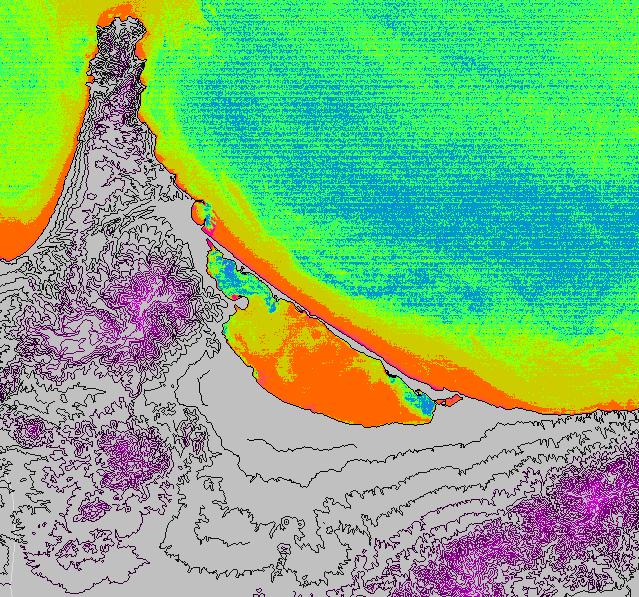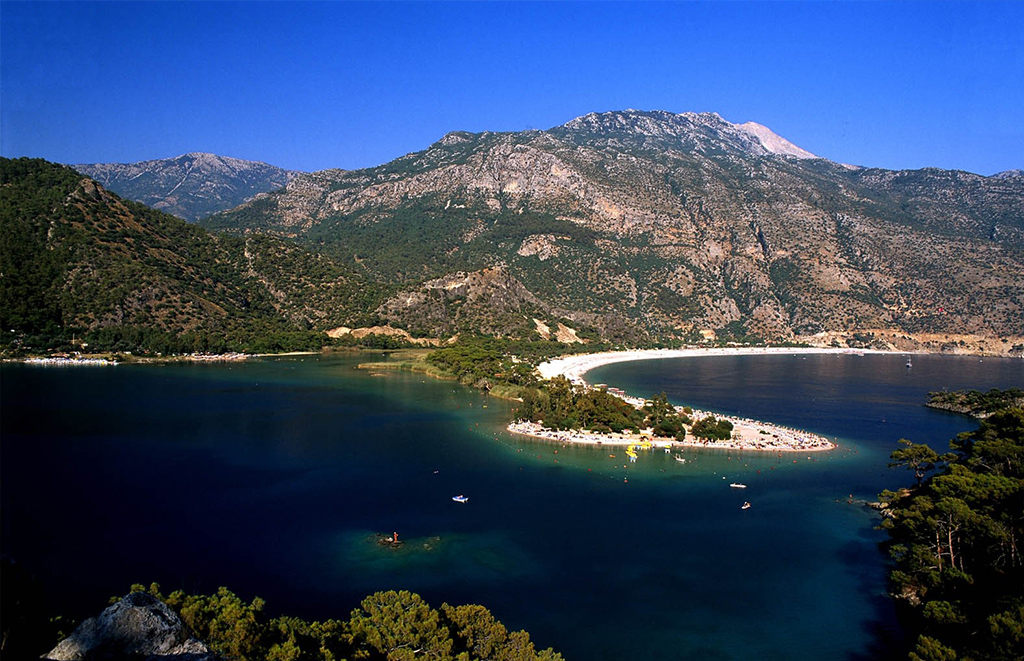Project logo

Title
Sustainability of Mediterranean coastal lagoon ecosystems under semi-arid climate.
7 partners from:
- Malta
- France
- Portugal
- Spain
- Morocco
- Tunisia
IRMCo’s role
IRMCo was responsible for the overall scientific coordination of the project. Specific tasks led by IRMCo included the development of a GIS for both lagoons and guiding a process of active stakeholder involvement throughout all stages of the research.
EU funding programme
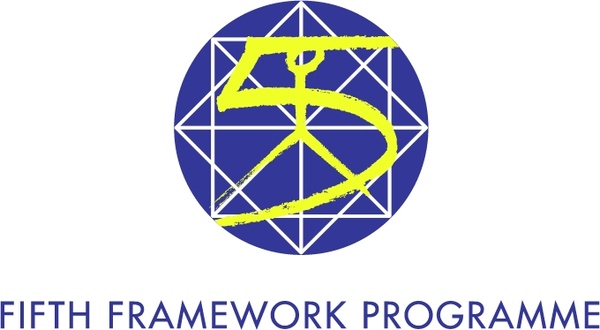
Snippets on project outcomes
The three year COLASU project launched on July 1st 2002, succeeded in carrying out a thorough study on two lagoons in North Africa: Nador lagoon in Morocco, the second largest lagoon of northern Africa, and El Meleh, a small coastal lagoon located near the town of Slimene in Tunisia.
The first step of the research was focused on understanding the present state of the lagoons by conducting major sampling campaigns to collect data on soils, sediments and water which led to maps showing the present pollution distribution in the lagoons. IRMCo built up a database of regional maps, using Geographic Information Systems, as a spatial analytical tool, to contribute towards the analysis and interpretation of the human impact on the lagoon environment at the catchment scale. Additional insights were gained through the interpretation of Landsat imagery of both lagoons together with aerial photo interpretation.
To gain further understanding into the direct effect of human activities on the lagoon, the water treatment stations of Nador and Slimene, and the Marost aquaculture concern in Nador lagoon were chosen for the application of the Life Cycle Assessment (LCA). This tool is used to assess the environmental impact of a system from the production of raw materials to the disposal of the final waste products (ISO 14040). Further research into the possible linking of the two decision-making tools, i.e. coupling the LCA with GIS, led to a new innovative approach, whereby the system under investigation is not an industrial process but an ecosystem. This novel approach was tested by assessing the impact factors on the eutrophication potential in both lagoons.
The relevant stakeholders and endusers were involved throughout every step of the project through informative and interactive seminars, and were presented with practical recommendations for sustainable lagoon management based on the project outcomes.
Our posters on El Meleh lagoon and on Nador lagoon as well as our Final Report on Colasu brings further information on the project outcomes.
IRMCo presented the Colasu project outcomes at several events, including ECOLLAW 2006 Conference and 11th EC-GI&GIS Workshop:

